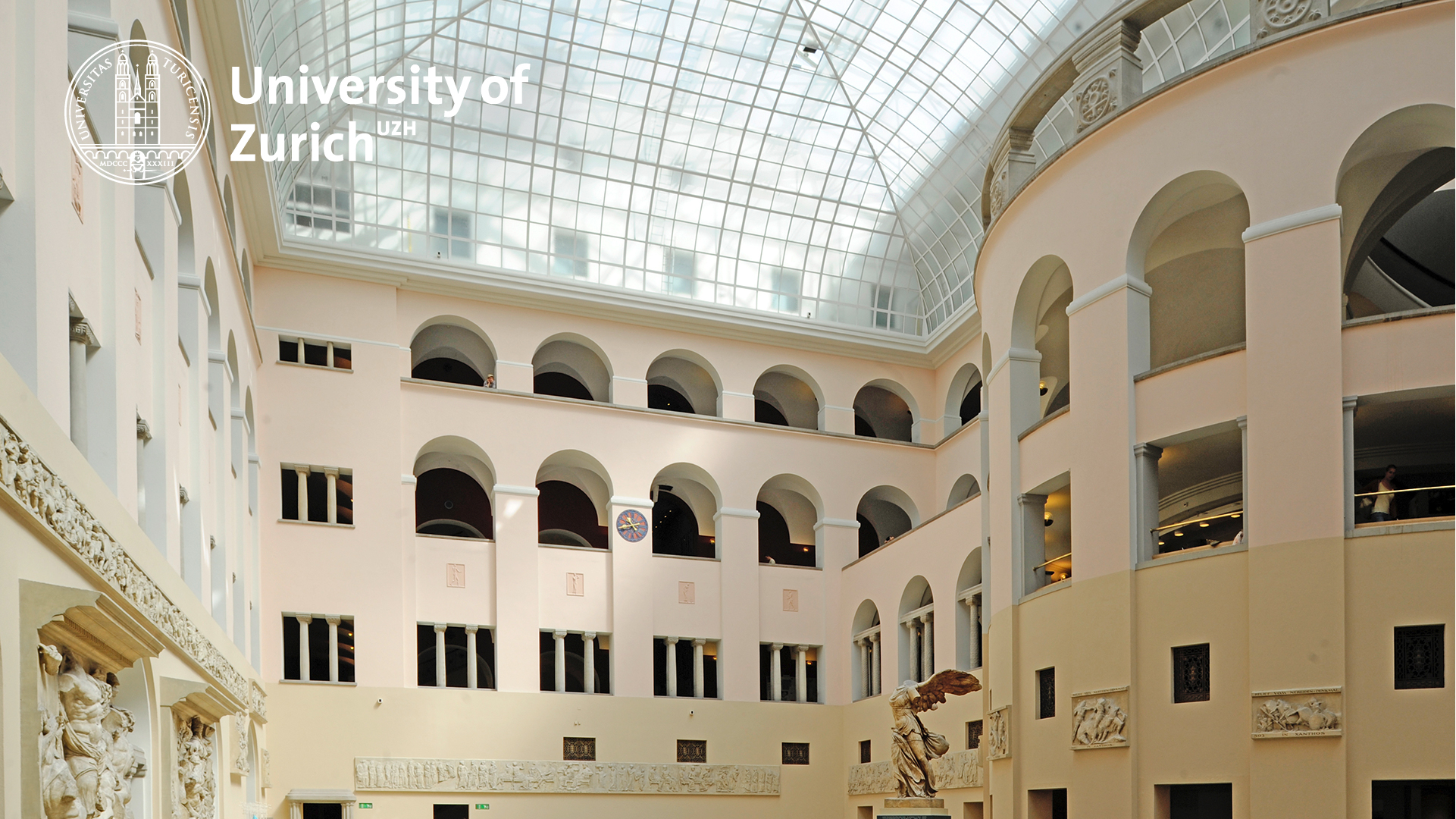General Information
This workshop aims to spark discussion about new methodologies in linguistics and their implications for linguistic theory: recent advances in data-driven statistical modelling, including machine learning approaches, allow us to obtain novel results and perspectives on language use, language variation and language change. At the same time, it remains a challenge to integrate these novel approaches and findings with state-of-the art theory building, both in earlier stages of research (e.g. in data extraction or hypothesis formulation) and in the interpretation of results. For example, modelling competition between two variants presupposes decisions on what counts as an alternation.
The main focus of the workshop now is to bring together established and more junior experts using computational linguistic methods to explore questions of language use, variation, and change. We are open to a wide range of methodological approaches, but are particularly interested in including researchers employing statistical models based on machine learning, such as distributional semantics, neighbour-net modelling, or agent-based modelling. In terms of linguistic area, our main focus is on phenomena of morpho-syntactic variation and change; approached from a cognitive- functional perspective (e.g. construction grammar).
